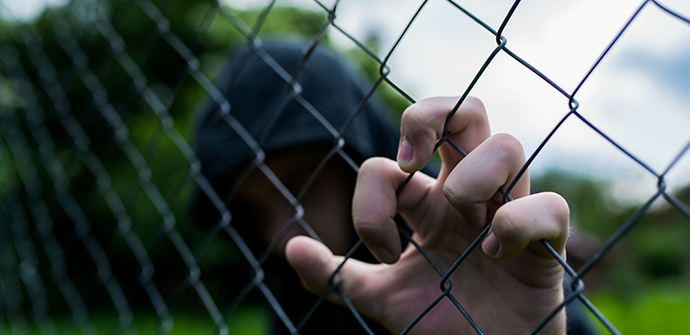

New York State defines a juvenile as a person under the age of 16 and at least 7 years of age. New York will prosecute people over the age of 16 as adults. Regardless of the age of the person during the trial, if the party was 16 or younger during the commission of the crime, he or she is a juvenile in the eyes of New York. Juvenile crimes are heard in family court instead of criminal or municipal court. A child is considered a “juvenile delinquent” if he or she needs supervision, treatment, or confinement. If your child has been detained in Rockland County or New City, contact a juvenile crimes lawyer from The Law Office of Kevin T. Conway.
As soon as a juvenile is detained, a prosecutor (the presentment agency) will file a petition against the child. The petition will contain all of the details of the allegation. The family court will begin the trial, known as a fact-finding hearing. The fact-finding hearing has no jury and is decided by a single judge. If the judge finds a lack of evidence to support the case, it will be dismissed. If the judge finds evidence to support the allegation, a dispositional hearing will be scheduled and the judge will order the probation department to investigate the juvenile’s home and school behavior. The judge may further order an evaluation by the city’s mental health services. At the court’s discretion, a juvenile may be detained or paroled into the custody of the parents until the dispositional hearing where the judge will decide if the child is considered “delinquent” (in need of supervision, treatment, or confinement) or released to the guardian.
New York is one of two states that believe every 17 and 18-year-old should be tried as adults. Though the rest of the country disagrees, New York has acted on the arbitrary law for over 200 years. In some cases, a child who is 13, 14, and 15 years of age can also be considered an adult under the right circumstances. If a child is charged with a serious crime or violent act, they may be “waived” up to criminal court and tried as an adult. New York is one of few states that will allow such a young person to be tried as an adult. The prosecutor’s office and the juvenile judge have the discretion whether the trial will stay in Family Court or not. In order for the judge to consider waiving a child up to criminal court, the crime must be quite serious. Some acts that might constitute a waiver include, but are not limited to:
Fortunately, New York is a state that allows “reverse waiver,” offering the opportunity for a child to be transferred back to Family Court and the juvenile judicial system. In order to convince the court that it is in the best interests of justice, you should have a skilled and experienced attorney to fight for your family’s future.
In most states, including New York, juveniles must have an attorney present who represents the child’s interests. If a guardian cannot afford an attorney, they must convince the court to offer an attorney to represent the client free of charge. The court has the discretion to grant that request and the legal standard is quite high. If either parent or guardian is employed, the court will rarely award the support.
The Law Office of Kevin T. Conway has years of experience working with juvenile crimes. Our firm understands that children make mistakes and those mistakes should not ruin their lives. If your child has committed a crime serious enough that a court is considering a waiver to a criminal trial, you need a passionate and effective lawyer who will fight for a reverse waiver. If you need our legal services, contact The Law Office of Kevin T. Conway.
© 2025 The Law Office of Kevin T. Conway. All rights reserved.